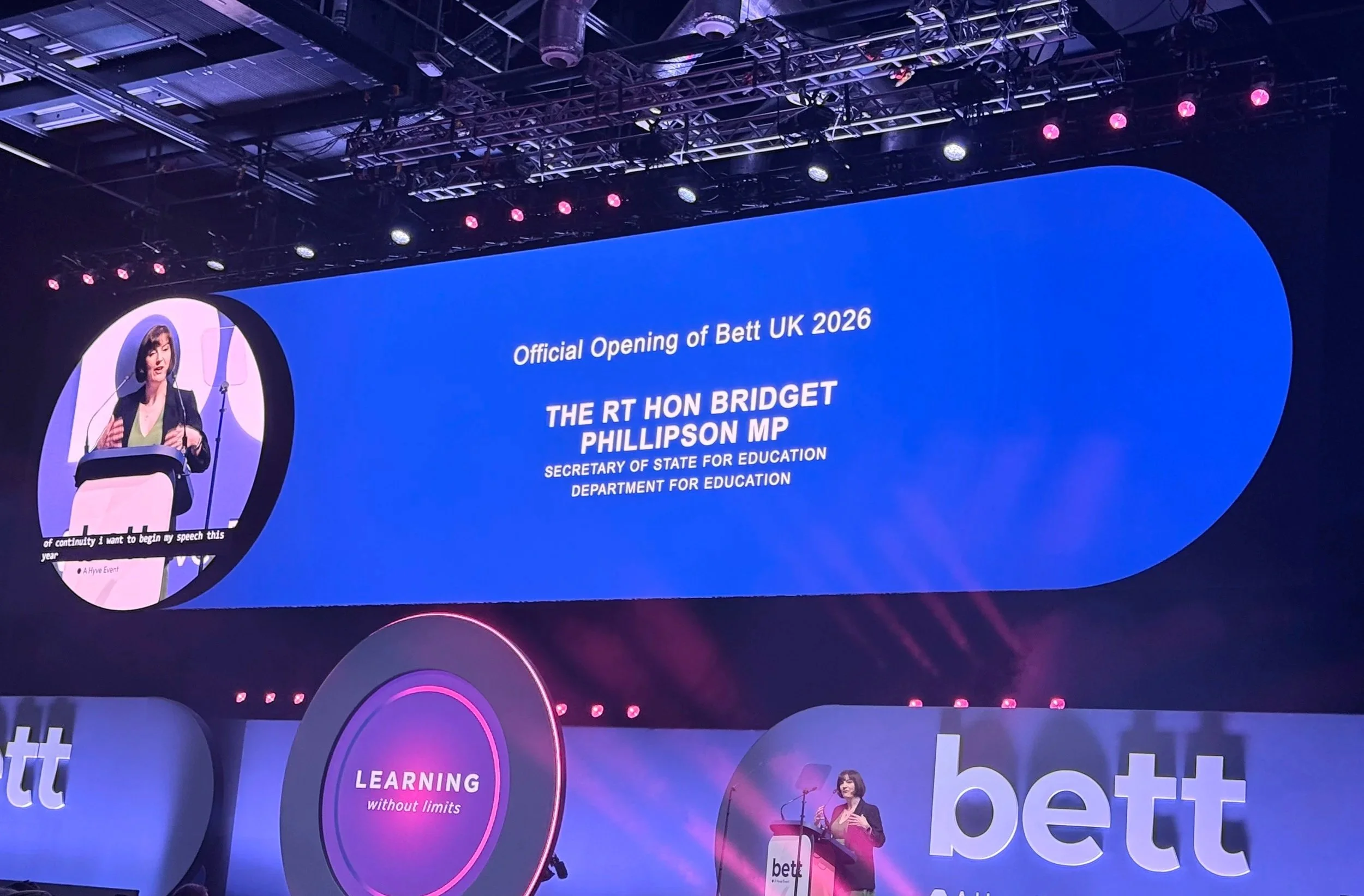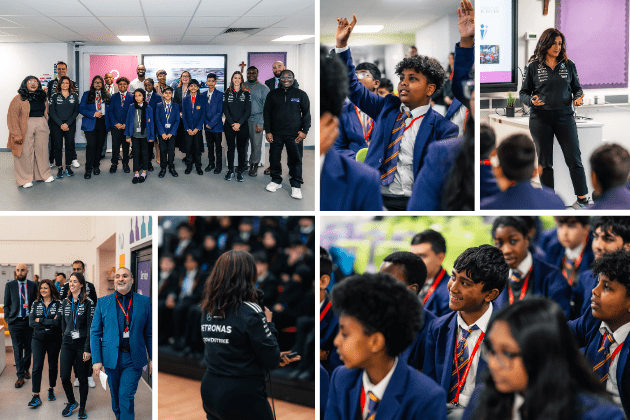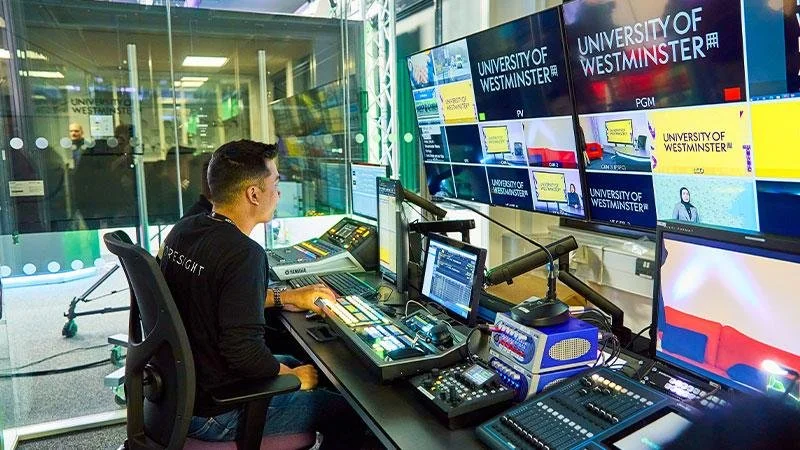Survey finds 99 percent of UK students say at least some of their university work is assisted by AI

Just one percent of the 500 university students who have previously used AI tools said that none of their work is supported by AI.
Of those using AI, 62 percent said they were using it for at least 20 percent of their university work and 77 percent said they use AI tools at least once a week, while 25 percent said they use them daily.
The most popular ways to use AI were for research and summarizing texts, as well as revisions, and coding/programming tasks.
Three quarters of students using AI said it had improved their learning and 30 percent said it had significantly improved their work.
Students studying social sciences and first/second year students were the most likely to be using AI, while those studying creative subjects and those in their fourth year were the least likely.
Half of those using AI said they trust the software, but just 19 percent said they fully trust both the security and accuracy of tools including ChatGPT, Microsoft Copilot and Google Gemini.
Max Beckett, Broadband Expert at Uswitch, says: “AI is a powerful tool for students, but it must be used responsibly. A fast, secure Wi‑Fi connection is essential, not just for smooth access to AI tools, but to ensure your work is safe, private, and compliant with university rules on plagiarism and academic integrity.”
The ETIH Innovation Awards 2026
The EdTech Innovation Hub Awards celebrate excellence in global education technology, with a particular focus on workforce development, AI integration, and innovative learning solutions across all stages of education.
Now open for entries, the ETIH Innovation Awards 2026 recognize the companies, platforms, and individuals driving transformation in the sector, from AI-driven assessment tools and personalized learning systems, to upskilling solutions and digital platforms that connect learners with real-world outcomes.
Submissions are open to organizations across the UK, the Americas, and internationally. Entries should highlight measurable impact, whether in K–12 classrooms, higher education institutions, or lifelong learning settings.
Winners will be announced on 14 January 2026 as part of an online showcase featuring expert commentary on emerging trends and standout innovation. All winners and finalists will also be featured in our first print magazine, to be distributed at BETT 2026.























